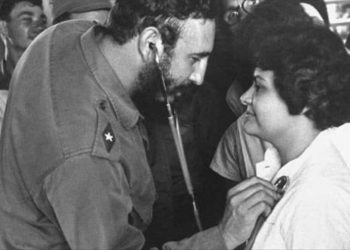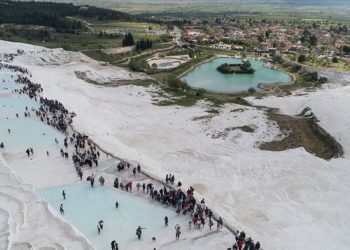 Bio-security in Ebola disease is one of the issues to be discussed during the first International Course for the prevention and confrontation of the disease, running in Havana from November 10 to 14.
Bio-security in Ebola disease is one of the issues to be discussed during the first International Course for the prevention and confrontation of the disease, running in Havana from November 10 to 14.
This issue will also include biological risks, precaution based on transmission, decontamination, handling of corpses, safe burials, and use of personal protective equipment (EPP), according to the program.
Madelyn Garces, epidemiologist at the “Pedro Kouri” Tropical Medicine Institute (IPK), said that aspects related to infection epidemiology, clinical management, diagnosis, service organization, human factors in dangerous epidemics, and social communication will be also analyzed.
Garces stated that in addition of receiving master lectures, professionals from 19 Latin American and Caribbean countries could work in the IPK training area, visit the isolation unit, and carry out practical classes of dressing and undressing with EPP.
After opening the course, Cuban Deputy Public Health Minister Marieta Cutiño recalled that the initiative is a result of the Technical Meeting of experts and managers for the prevention of that epidemic, which took place in Cuba on October 29-30.
IPK director Jorge Perez Avila referred to the world situation of Ebola virus, with more than 13,000 patients in West Africa, and high mortality, between 50 and 60 percent of cases.
Ebola disease is considered a public health emergency of international importance, with real potential for expansion to other geographic areas and countries. No one is exempt from danger, Perez Avila said (PrensaLatina).













